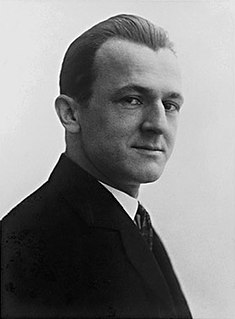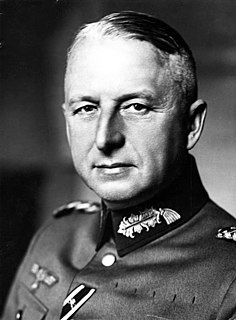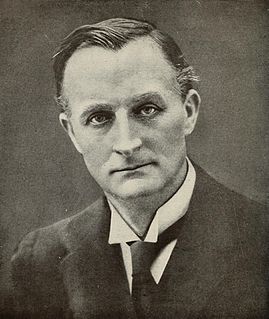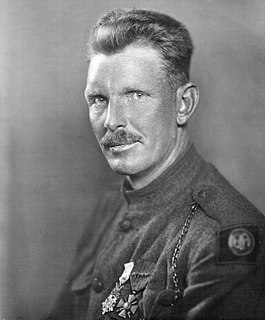A Quote by George Grosz
Very little changed fundamentally, except that the proud German soldier had turned into a defeated bundle of misery and the great German army had disintegrated.
Related Quotes
He told me that once, in the war, he’d come upon a German soldier in the grass with his insides falling out; he was just lying there in agony. The soldier had looked up at Sergeant Leonard, and even though they didn’t speak the same language, they understood each other with just a look. The German lying on the ground; the American standing over him. He put a bullet in the soldier’s head. He didn’t do it with anger, as an enemy, but as a fellow man, one soldier helping another.
I have left the obvious, essential fact to this point, namely, that it is the Russian Armies who have done the main work in tearing the guts out of the German army. In the air and on the oceans we could maintain our place, but there was no force in the world which could have been called into being, except after several more years, that would have been able to maul and break the German army unless it had been subjected to the terrible slaughter and manhandling that has fallen to it through the strength of the Russian Soviet Armies.
Only a handful of Germans in the Reich had the slightest conception of the eternal and merciless struggle for the German language, German schools, and a German way of life. Only today, when the same deplorable misery is forced on many millions of Germans from the Reich, who under foreign rule dream of their common fatherland and strive, amid their longing, at least to preserve their holy right to their mother tongue, do wider circles understand what it means to be forced to fight for one's nationality.







































